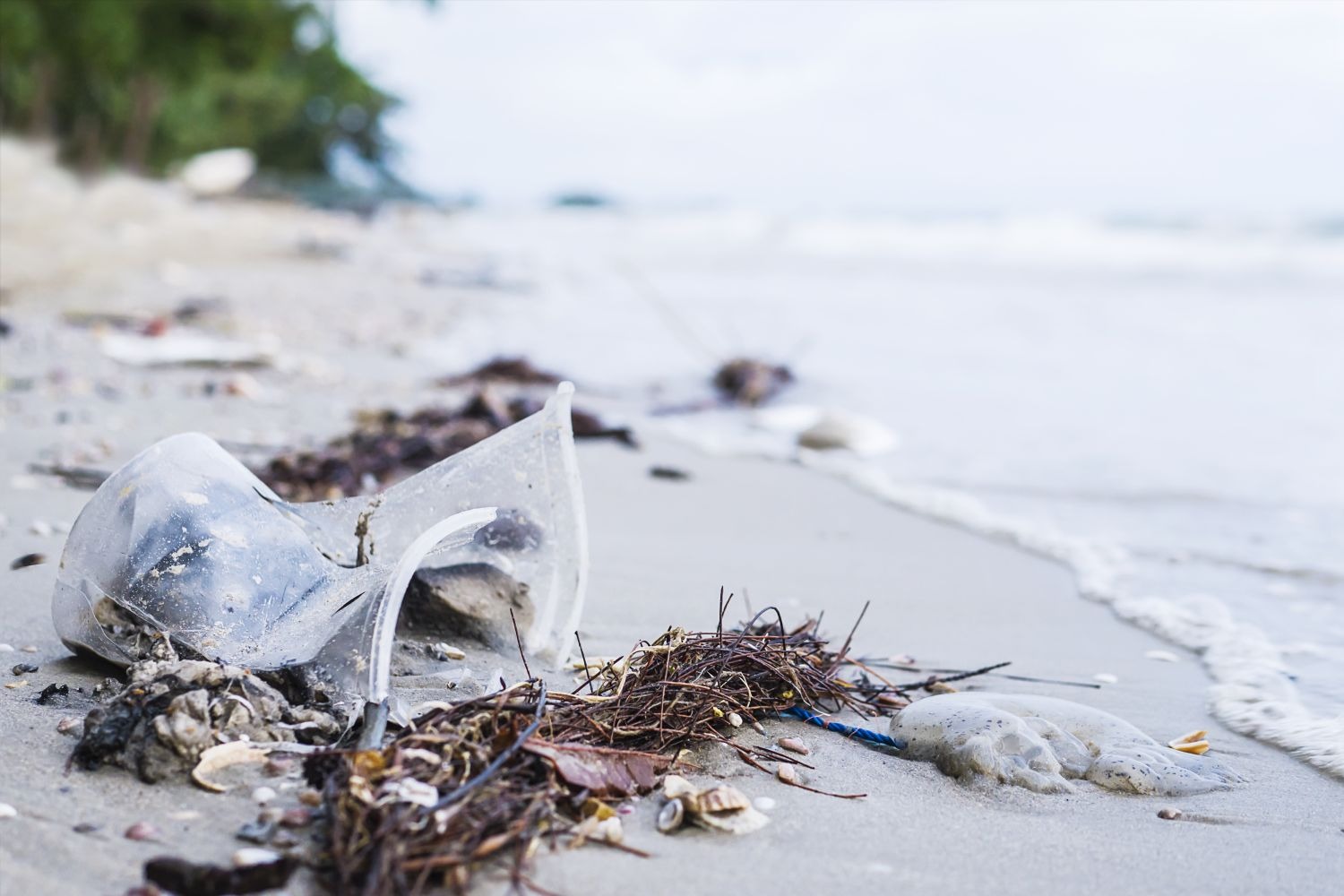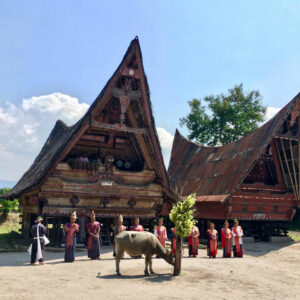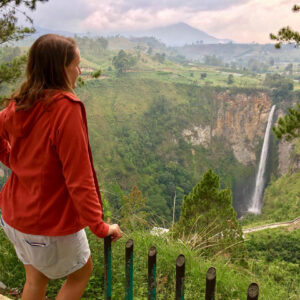Travelling causes a lot of waste and trash starting from plastic water bottles, to single-use items and over-tourism. Acting more eco-friendly reduces the impacts of tourism and helps the planet, wildlife and ecosystems.
Skip the straw
Say no to straws. We’ve probably all seen the video of the turtle with one of these sticking in their nose 🙁
Use reusable bags
Plastic bags are lethal and it takes up to 500 years to biodegrade. Therefore either skip the plastic bag or bring a re-useable shopping bag with you when shopping.
Eat and drink locally
Drink a local beer and avoid imported beers from other countries. It’s probalby cheaper and it will cut down the emissions for transporting it to wherever you are. This also applies to local food and souvenirs. By doing so you’re also helping them feed their family.
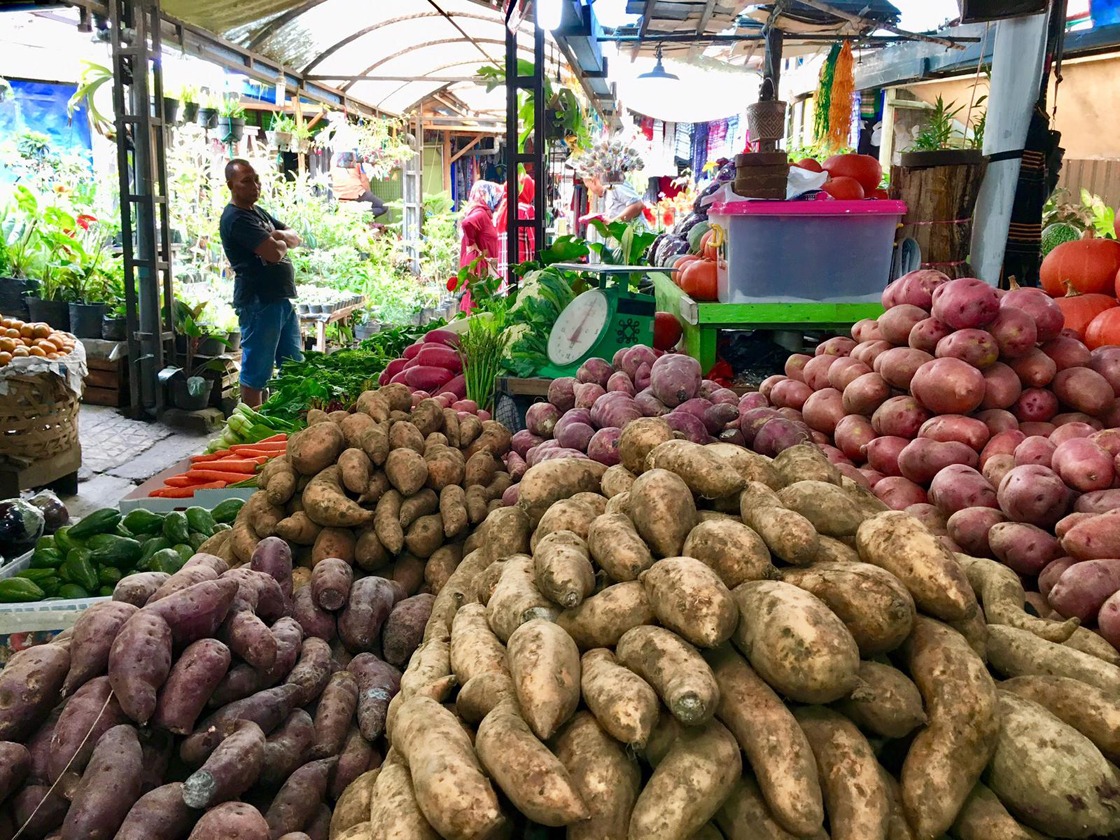
Make yourself a home
Act in a hotel like you do at home. So avoid getting clean towels every day and long showers. Always turn off TV, lights and aircon when you leave the room. Just as you do at home.
Bring a reusable water bottle
Plastic bottles produce a lot of waste. Many hostels and guesthouses in Sumatra and throughout Asia provide water refill stations – either for free or for a small fee.
Stay on the Path
When e.g. jungle trekking in Bukit Lawang or elsewhere always stay on marked routes and keep distance from all animals. You can easily trample on protected or endangered plants when venturing out. Also do not remove any plants, feed animals and take your rubbish with you.
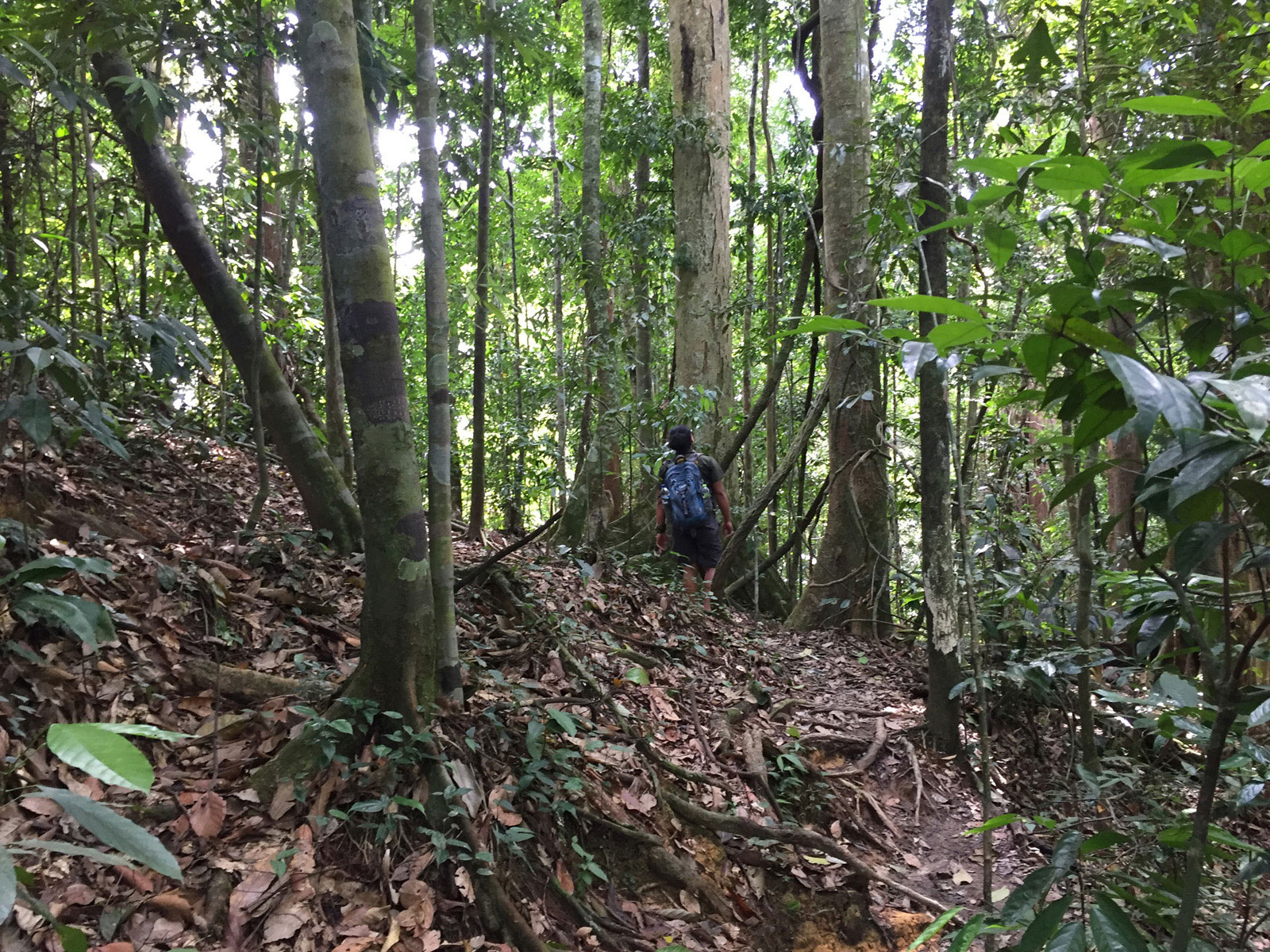
Use natural products
In many cases in Sumatra and throughout South East Asia when showering or brushing your teeth the used water goes directly and unfiltered in nearby rivers or lakes, which might end up in oceans. The already existing Great Pacific garbage patch does not need any more words. Therefore it is highly recommended to use natural soap, shampoo and tooth paste without any micro plastic and the like. Ask your local natural store for product recommendations. As a traveler you always have a choice to buy natural products, where locals usually don’t have that option. So be a role model.
Sunscreen without microplastics
Sunscreen is an important product for protecting our skin from harmful UV radiation. It helps prevent sunburns and premature skin ageing, and reduces the risk of skin cancer. However, it is just as important to ensure that the sunscreen we use is free of microplastics.
By choosing sunscreen without microplastics, we are helping to protect marine life and the overall health of our planet. Fortunately, many brands now offer eco-friendly products that provide sun protection without any negative impact on the environment. They use natural or mineral ingredients such as titanium dioxide or zinc oxide instead of chemical additives.
It is important to read labels carefully when buying sunscreen and opt for products labelled “microplastic-free” or “reef-safe”. These alternatives not only protect our skin, but also help to preserve the delicate balance of marine ecosystems.
Dispose of sanitary waste
Especially in South East Asia don’t flush toiletpaper, cotton buds, condoms, tampons and plastics down the toilet. Get used to the water gun and save the environment.
For the ladies: Moon Cups
Tampons and sanitary napkins cause a lot of waste and mostly contain many harmfull things for the environment. Moon Cups (or Menstruation Cups) are a more eco-friendly way to deal with your mensis. Plus its cheaper and tampons and the like are sometimes hard to get in SEA. Buy here
For the smokers: Portable ashtray
Bring a portable ashtray. Cigarette butts take up to 15 years to biodegrade. So better collect them in your portable ashtray and put it in a bin afterwards.

